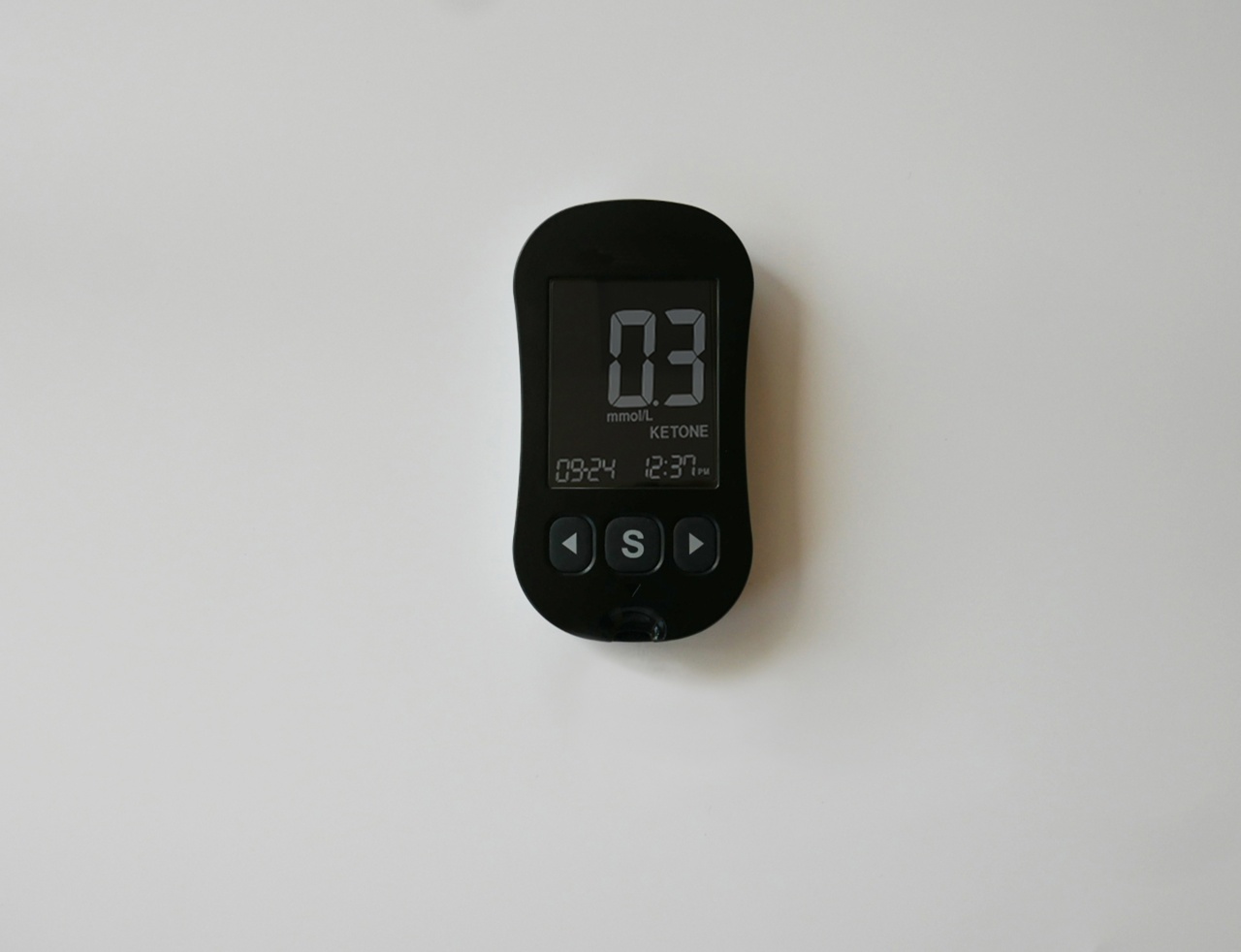Blood pressure is an important indicator of overall health and well-being. This vital sign measures the force of blood against the walls of arteries as it flows through the body.
When blood pressure is too high, it can damage the arteries and put a strain on the heart. Conversely, when blood pressure is too low, it can lead to reduced blood flow to the brain and other organs.
What is blood pressure?
Blood pressure is measured in millimeters of mercury (mmHg) and is expressed with two numbers, such as 120/80 mmHg. The first number represents systolic pressure, which measures the force of blood against arterial walls as the heart beats and contracts.
The second number represents diastolic pressure, which measures the force of blood against arterial walls as the heart rests between beats.
What causes blood pressure fluctuations?
There are many factors that can cause blood pressure to fluctuate throughout the day. Some of these factors include stress, physical activity, sleep, diet, caffeine, alcohol, smoking, and certain medications.
Additionally, blood pressure can naturally vary due to age, gender, and overall health status.
Why is it important to monitor blood pressure?
Monitoring blood pressure is important for several reasons. Firstly, high blood pressure can damage arteries, leading to various health problems such as heart disease, stroke, and kidney disease.
Secondly, low blood pressure can impair the delivery of oxygen and nutrients to vital organs, leading to fainting, dizziness, and other symptoms. Lastly, monitoring blood pressure is important for managing and treating hypertension, which is a major risk factor for several chronic health conditions.
What are the effects of high blood pressure?
High blood pressure, also known as hypertension, is a common condition that affects millions of people worldwide. When left untreated, hypertension can cause damage to arteries and vital organs, leading to serious health problems such as:.
- Heart disease
- Stroke
- Kidney disease
- Vision loss
- Memory problems
- Erectile dysfunction
What are the effects of low blood pressure?
Low blood pressure, also known as hypotension, is less common than hypertension but can also have serious health effects.
When blood pressure is too low, it can reduce blood flow to vital organs such as the brain, heart, and kidneys, leading to symptoms such as:.
- Fainting
- Dizziness
- Lightheadedness
- Blurred vision
- Nausea
How can you manage blood pressure fluctuations?
Managing blood pressure fluctuations involves several lifestyle changes and medical treatments. Some of these include:.
- Eating a healthy diet
- Exercising regularly
- Avoiding smoking and excessive alcohol consumption
- Managing stress with relaxation techniques
- Taking medications as prescribed by a doctor
What are the best ways to prevent blood pressure fluctuations?
Several lifestyle changes can help prevent blood pressure fluctuations and promote overall cardiovascular health. Some of these include:.
- Maintaining a healthy weight
- Limiting salt and sodium intake
- Eating a diet rich in fruits, vegetables, and whole grains
- Exercising regularly
- Avoiding smoking and excessive alcohol consumption
- Managing stress with relaxation techniques
- Getting enough sleep
Conclusion
Blood pressure fluctuations can have serious health effects, but with the right lifestyle changes and medical interventions, hypertension and hypotension can be managed and prevented.
By monitoring blood pressure regularly and working with a healthcare professional, individuals can take steps toward better health and well-being.





























